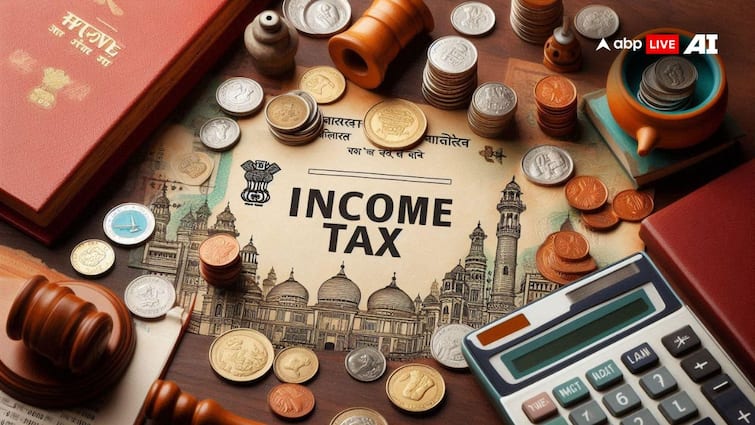Unlocking $16 Trillion: How Tokenization is Reshaping the Future of Finance - Beyond the Hype

The $16 Trillion Opportunity: Why Tokenization is More Than Just a Buzzword
The financial world is on the cusp of a seismic shift. Experts estimate that $16 trillion in assets could be tokenized, representing a monumental opportunity to revolutionize how we own, trade, and interact with financial instruments. But amidst the hype surrounding blockchain and Web3, a crucial question remains: can tokenization truly deliver on its promise, or will it be another fleeting trend?
What is Tokenization, and Why Does it Matter?
At its core, tokenization is the process of converting rights to an asset – whether it’s real estate, stocks, commodities, or even intellectual property – into a digital token on a blockchain. These tokens can then be bought, sold, and traded with greater ease, transparency, and efficiency than traditional methods.
Think of it this way: traditionally, owning a piece of real estate involves complex paperwork, lengthy legal processes, and significant transaction costs. Tokenization can break down that property into smaller, more accessible units, allowing a wider range of investors to participate. It opens up previously illiquid markets and democratizes access to investment opportunities.
Beyond the Hype: The Key to Tokenization's Success
While the potential is undeniable, the recent wave of excitement around tokenization has been fueled, in part, by speculation and hype. For tokenization to truly reach its full potential, it needs to be grounded in utility – real-world applications that solve tangible problems.
Simply creating a token isn't enough. The value lies in the underlying asset and the utility the token provides. This means focusing on:
- Real-World Use Cases: Tokenizing assets with clear and demonstrable benefits, such as streamlining supply chains, improving fractional ownership in real estate, or enabling new forms of lending.
- Regulatory Clarity: Navigating the evolving regulatory landscape is crucial. Clear guidelines and frameworks will foster trust and encourage institutional adoption.
- Interoperability: Different blockchain platforms need to be able to communicate with each other, allowing tokens to move seamlessly across ecosystems.
- Security and Scalability: Tokenization platforms must be secure and capable of handling high transaction volumes.
The Future of Finance is Tokenized
The journey towards a fully tokenized financial system won't be without challenges. However, the potential rewards – increased liquidity, greater accessibility, and enhanced efficiency – are too significant to ignore. As the industry matures and utility takes center stage, we can expect to see tokenization play an increasingly vital role in shaping the future of finance. The $16 trillion revolution is underway, and it's poised to transform the way we think about and interact with money.
What are your thoughts on the future of tokenization? Share your insights in the comments below!




